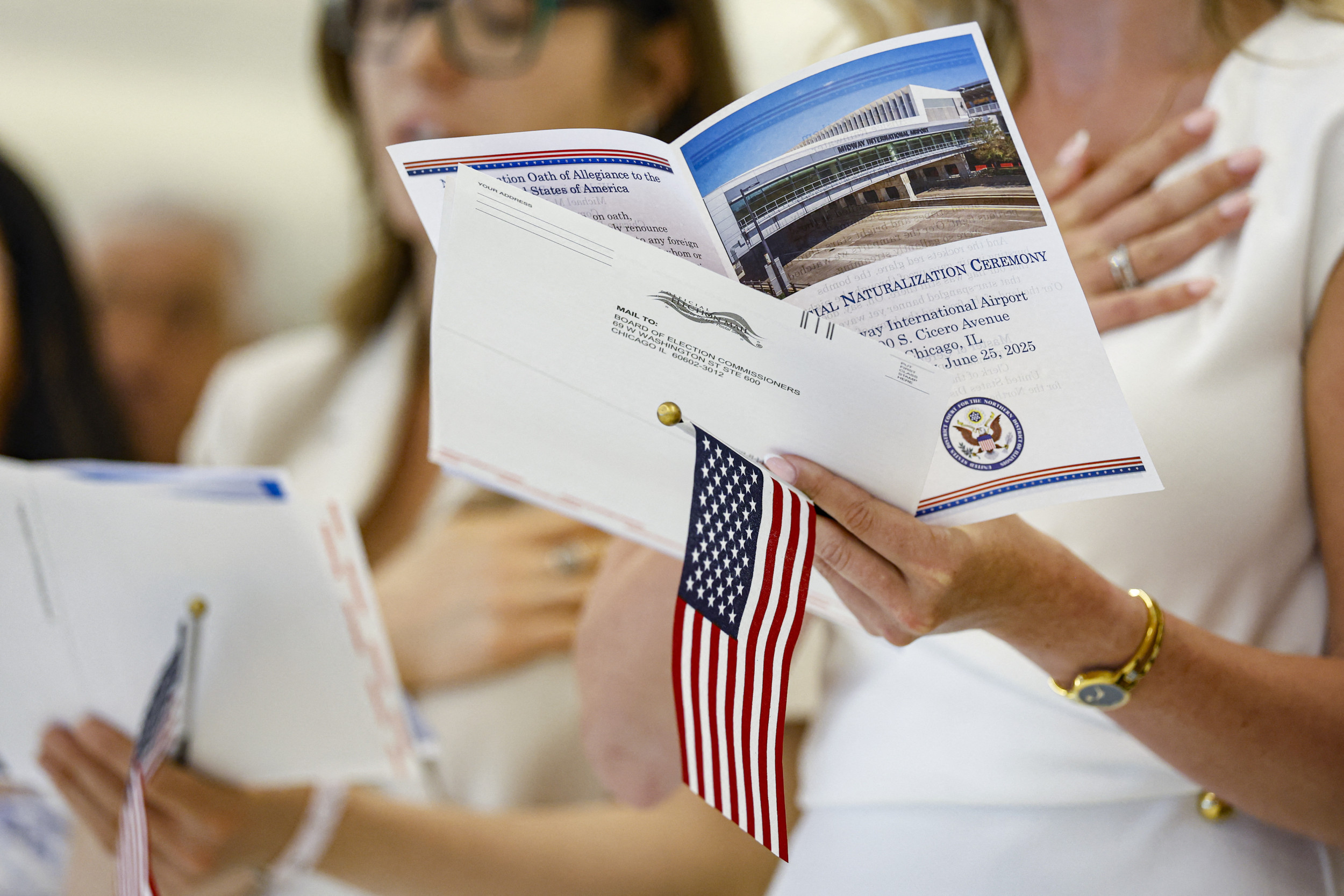The United States Citizenship and Immigration Services (USCIS) is set to implement significant changes to the U.S. citizenship test and the H-1B visa program, according to new director Joseph Edlow. Speaking to The New York Times, Edlow expressed concerns that the current citizenship test is too easy, suggesting that it fails to reflect the spirit of the law.
Edlow’s remarks come amid the Trump administration’s ongoing effort to reshape the immigration system, moving beyond previous focuses on illegal immigration enforcement. His comments indicate a strategic shift in messaging from USCIS as it aims to fulfill President Donald Trump‘s immigration agenda.
Proposed Changes to the Citizenship Test
Edlow described the existing citizenship test as “not very difficult” and highlighted that it allows immigrants to simply memorize answers. He stated that this approach does not align with the intent of the naturalization process. Prior to the introduction of a standardized civics test in 2008 by the Bush administration, the test was largely random and non-standardized. The Trump administration subsequently raised the number of questions from 100 to 128 and increased the passing requirements.
In March 2021, the Biden administration reverted these changes, leading to a planned redesign of the test that faced significant backlash in late 2024. Edlow confirmed that USCIS is looking to return to a test format similar to that of 2020.
Revisions to the H-1B Visa Program
The proposed changes to the H-1B visa program have garnered attention due to ongoing debates about its impact on the U.S. labor market. Edlow acknowledged criticisms that the program often favors foreign workers over American employees, particularly in terms of wages. He maintained that the H-1B program has a role in the U.S. economy but emphasized that it should prioritize companies offering higher wages.
Recent discussions within the Department of Homeland Security (DHS) indicate a potential shift from the current lottery-based selection system for H-1B visas to a “weighted selection process.” This change, aimed at aligning with Edlow’s vision, could ensure that more qualified candidates are selected based on criteria such as salary and seniority.
The Institute for Progress, a nonpartisan think tank, recently proposed eliminating the H-1B lottery altogether, arguing that the economic value of the program could increase by as much as 88 percent if applicants were chosen based on merit rather than chance.
Edlow’s comments convey a belief that properly managed immigration can yield benefits for the United States. He stated, “I think it absolutely should be a net positive… especially coming over to advance certain economic agendas that we have.”
In contrast, some analysts argue that the current structure of the H-1B program represents a significant missed opportunity to attract skilled immigrants. Connor O’Brien, a researcher at the Economic Innovation Group, noted that the program is crucial for bringing skilled professionals to the U.S., but the random nature of visa distribution limits its effectiveness.
As the USCIS moves forward with these proposed changes, the agency will require permission from other government bodies, including Congress, to alter visa issuance processes or citizenship testing procedures. There are ongoing bipartisan discussions among lawmakers regarding comprehensive immigration reform, which could influence the future of these initiatives.
The implications of these changes extend beyond policy; they will ultimately affect the lives of countless immigrants and the U.S. economy as a whole. As USCIS navigates this complex landscape, the agency’s decisions will be closely monitored by both advocates and critics of immigration reform.





































































